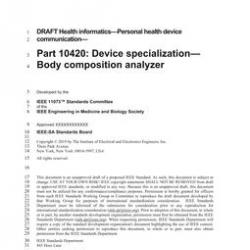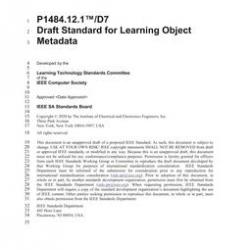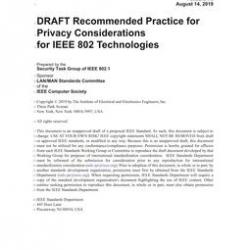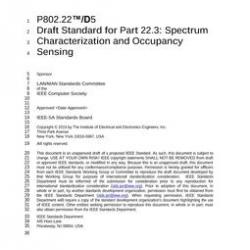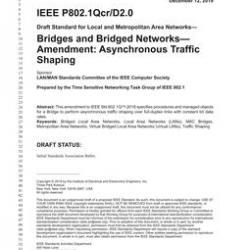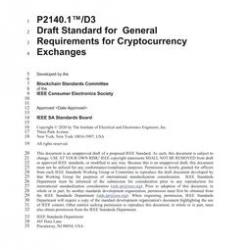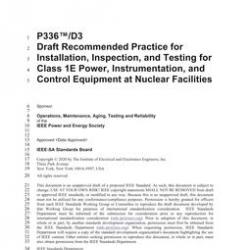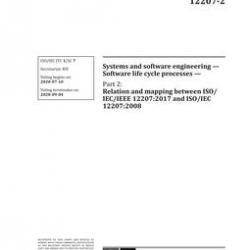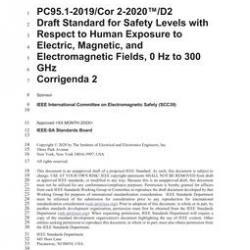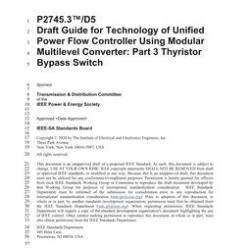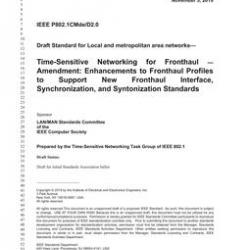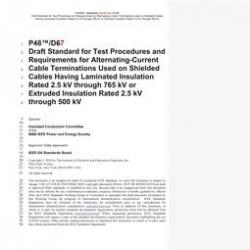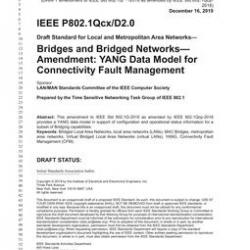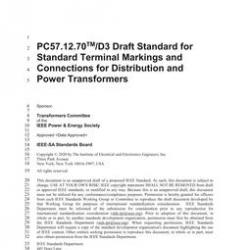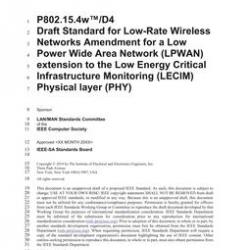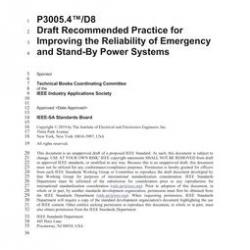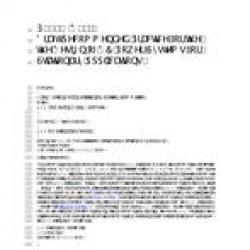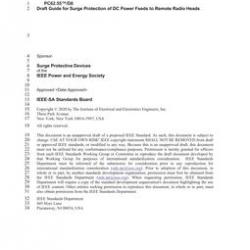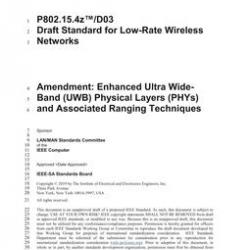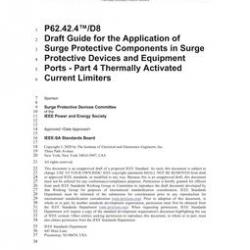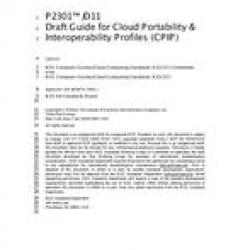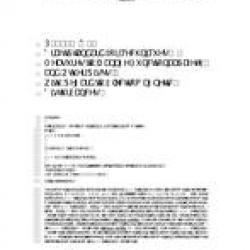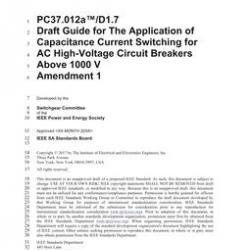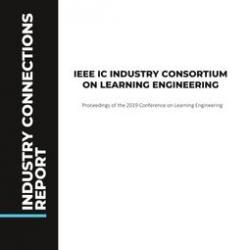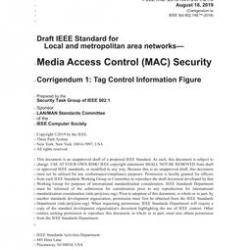Full Description
Scope
This standard establishes the Universal Verification Methodology (UVM), a set of application programming interfaces (APIs) that defines a base class library (BCL) definition used to develop modular, scalable, and reusable components for functional verification environments. The APIs and BCL are based on the IEEE standard for SystemVerilog, IEEE Std 1800(TM).
Purpose
Verification components and environments are currently created in different forms, making interoperability among verification tools and/or geographically dispersed design environments both time consuming to develop and error prone. The results of the UVM standardization effort will improve interoperability and reduce the cost of repurchasing and rewriting intellectual property (IP) for each new project or electronic design automation (EDA) tool, as well as make it easier to reuse verification components. Overall, the UVM standardization effort will lower verification costs and improve design quality throughout the industry.
Abstract
Revision Standard - Active.The Universal Verification Methodology (UVM) that can improve interoperability, reduce the cost of using intellectual property (IP) for new projects or electronic design automation (EDA) tools, and make it easier to reuse verification components is provided. Overall, using this standard will lower verification costs and improve design quality throughout the industry. The primary audiences for this standard are the implementors of the UVM base class library, the implementors of tools supporting the UVM base class library, and the users of the UVM base class library.(The PDF of this standard is available at no cost compliments of the IEEE GET program https://ieeexplore.ieee.org/browse/standards/get-program/page/series?id=80)



